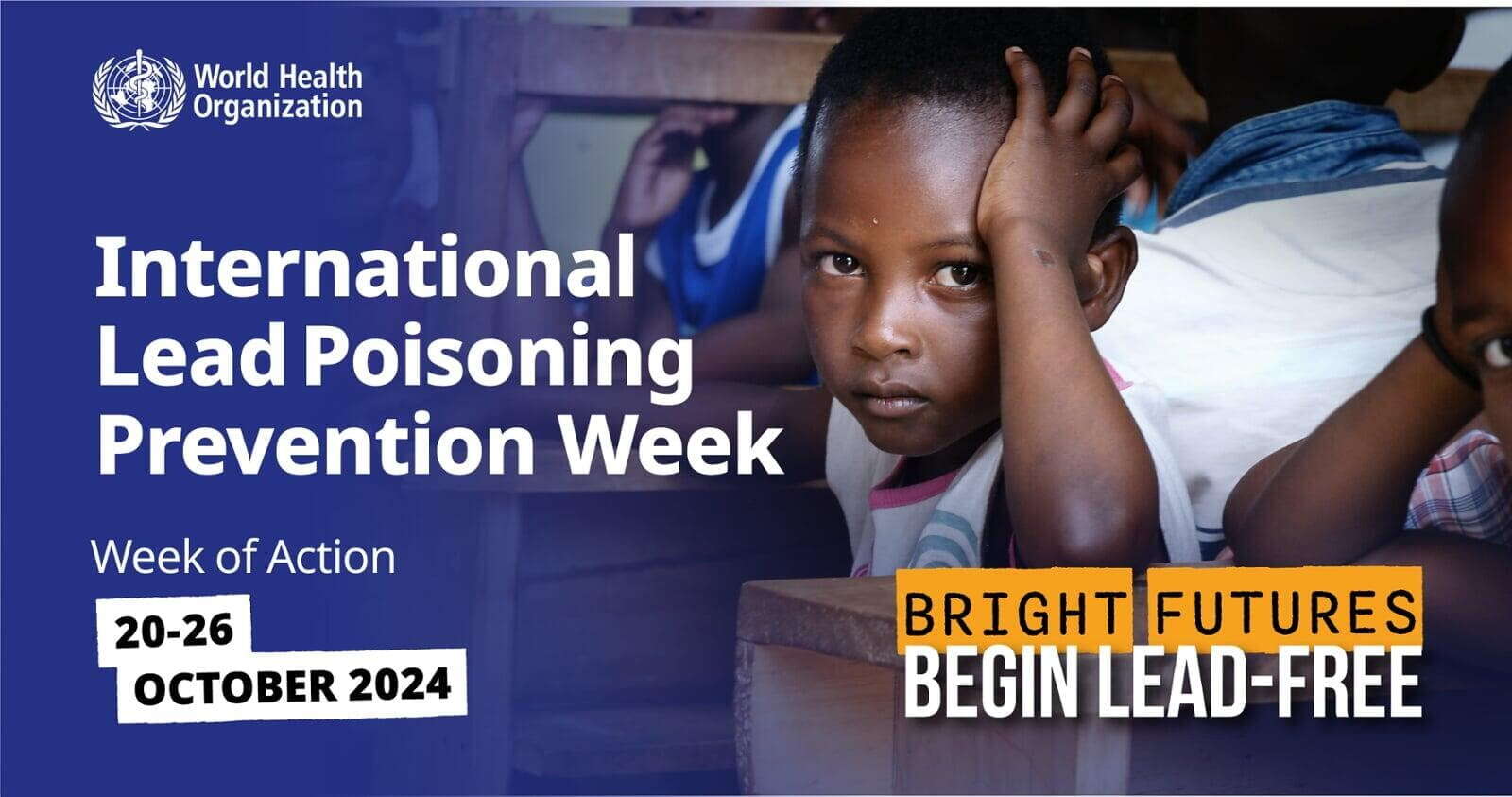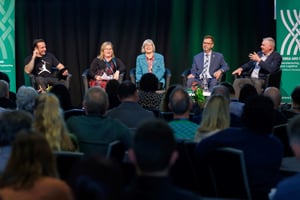
Experts are calling for urgent government action to prevent lead poisoning in our children.
To coincide with International Lead Poisoning Prevention Week (20-26 October), WasteMINZ’s Residential Lead working group has released an open letter calling for the following actions:
- Strategic and unified action to detect and reduce children’s lead exposure
- Monitoring blood lead levels in children
- Education and prevention improvements for the public when renovating.
Children from NZ’s poorest communities are likely to suffer most from exposure to lead from paints in older housing, old painted furniture and cheap toys. Lead from paint contaminates soil around homes, childcare centres and schools indefinitely.
Residential lead working group chair Michelle Begbie said the group had been asking the government for action on this issue for many years but had no success.
Michelle said New Zealand lacks national commitment to monitor and reduce lead exposure in young children, who are the most at risk.
“We are asking the government, again, to prioritise investment in our children by taking action to prevent our most vulnerable from being exposed to lead unnecessarily.
“We have called for action time and again, but our efforts seem to have fallen on deaf ears. We are tired of inaction, and we need to act now to protect our tamariki,” Michelle said.
Michelle said there was no safe level of lead in people of any age, but children are exceptionally sensitive to its adverse effects.
“Lead exposure affects health, but the most vulnerable to these effects are our children. Even low levels of lead exposure may cause lifelong health problems.
“However, it is difficult to determine the scale and extent of lead absorption from soil, because moderate lead absorption usually has no visible effects; clinical symptoms only occur following severe lead poisoning, and there is no systematic blood lead testing programme in New Zealand.”
The solution required a combined and coordinated effort between the central and local governments, and the public health services of district health boards.
“No one can address this issue alone,” Ms Begbie said.
Learn more about the issue of lead in residential properties here.





